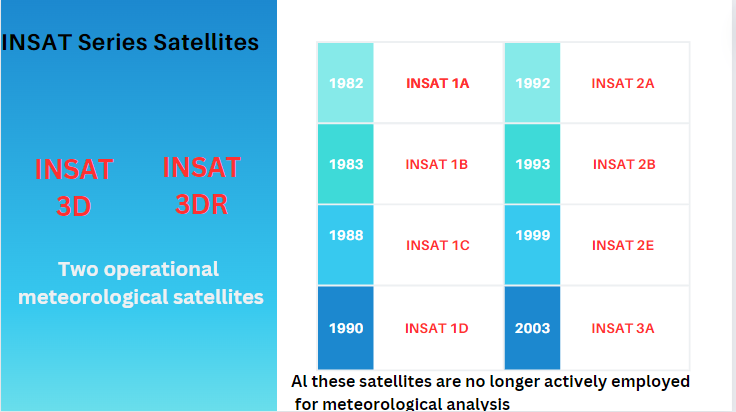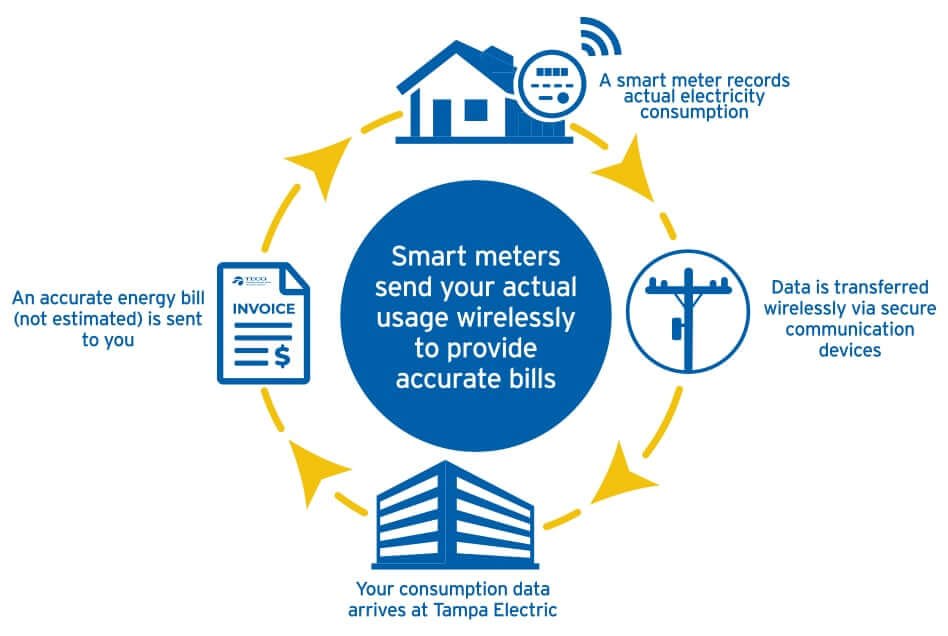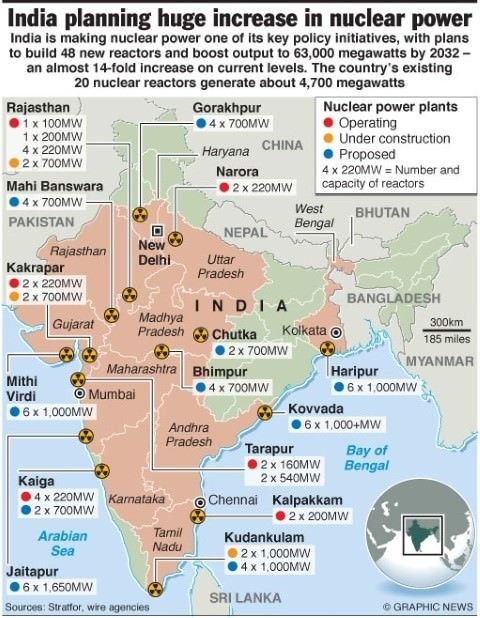
Made in India
Subscribers of "Current Affairs" course can Download Daily Current Affairs in PDF/DOC
Subscribe to Never Miss an Important Update! Assured Discounts on New Products!
Must Join PMF IAS Telegram Channel & PMF IAS History Telegram Channel
- Context (PIB): The Central Government’s Quality Control Orders and the ‘Zero Defect, Zero Effect’ scheme have boosted ‘Made in India’ branding.
Made in India vs Make in India
| Dimensions |
Make in India |
|
| Focus |
|
|
| End Goal |
|
|
| Government Policies |
|
|
| Risks involved |
|
|
Quality Control Orders (QCOs)
- QCOs are regulatory measures introduced by the government.
- QCOs ensure that products meet certain prescribed quality, safety, and performance requirements before being manufactured, imported, stored, or sold in the country.
- Objective: To control the import of sub-standard and cheaper items into the domestic market.
- QCOs cannot be challenged at the WTO if imposed on the grounds of health, safety, environment and deceptive trade practices, or national security.
- The Bureau of Indian Standards (BIS) certifies products that meet the prescribed standards for domestic and international manufacturers.
- Manufacturing, storing and sale of non-BIS certified products are prohibited as per the BIS Act, 2016.
Significance of Quality Control Orders (QCOs)
- Currently, QCO covers 653 products compared to 106 products (2014). The expansion in net quality products has significantly boosted the exports.
- E.g. products under QCOs (cast iron products, solar DC cables, door fittings, ceiling fans, helmets) are exported at higher levels than imported.
- E.g. Before QCO’s implementation, the Indian toy market was plagued by cheap, substandard products. Bringing the toys sector under QCO substantially improved their quality and safety. It also increased its exports by 60% in 2022-23 compared with 2018-19.
Zero Defect, Zero Effect Scheme
- Launched in 2016 by the Ministry of MSME.
- Aims to develop and implement the ‘ZED’ culture in India. ZED is based on the principle of:
- Zero Defect: Focuses on production mechanisms to eliminate defects in manufactured products.
- Zero Effect: Focuses on production processes to eliminate the adverse environmental effects.
- The Quality Council of India (QCI) has been appointed as the National Monitoring & Implementing Unit (NMIU) for the implementation of ZED.





![PMF IAS Environment for UPSC 2022-23 [paperback] PMF IAS [Nov 30, 2021]…](https://pmfias.b-cdn.net/wp-content/uploads/2024/04/pmfiasenvironmentforupsc2022-23paperbackpmfiasnov302021.jpg)











